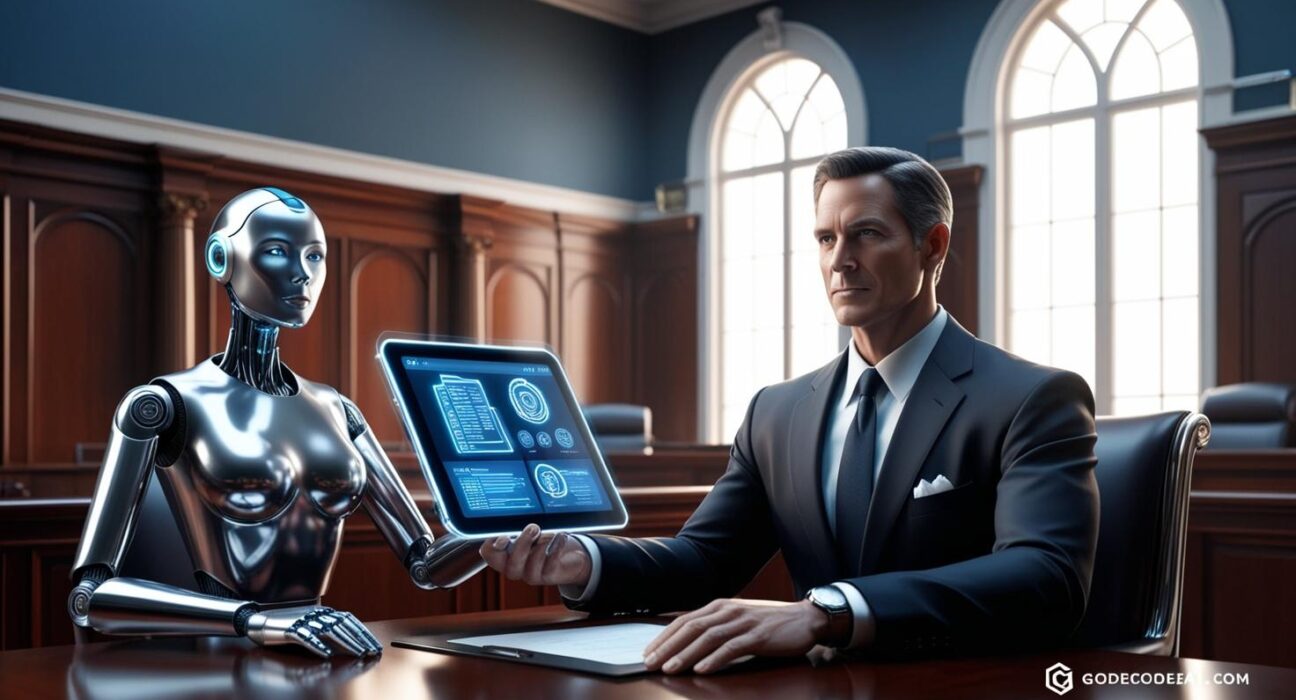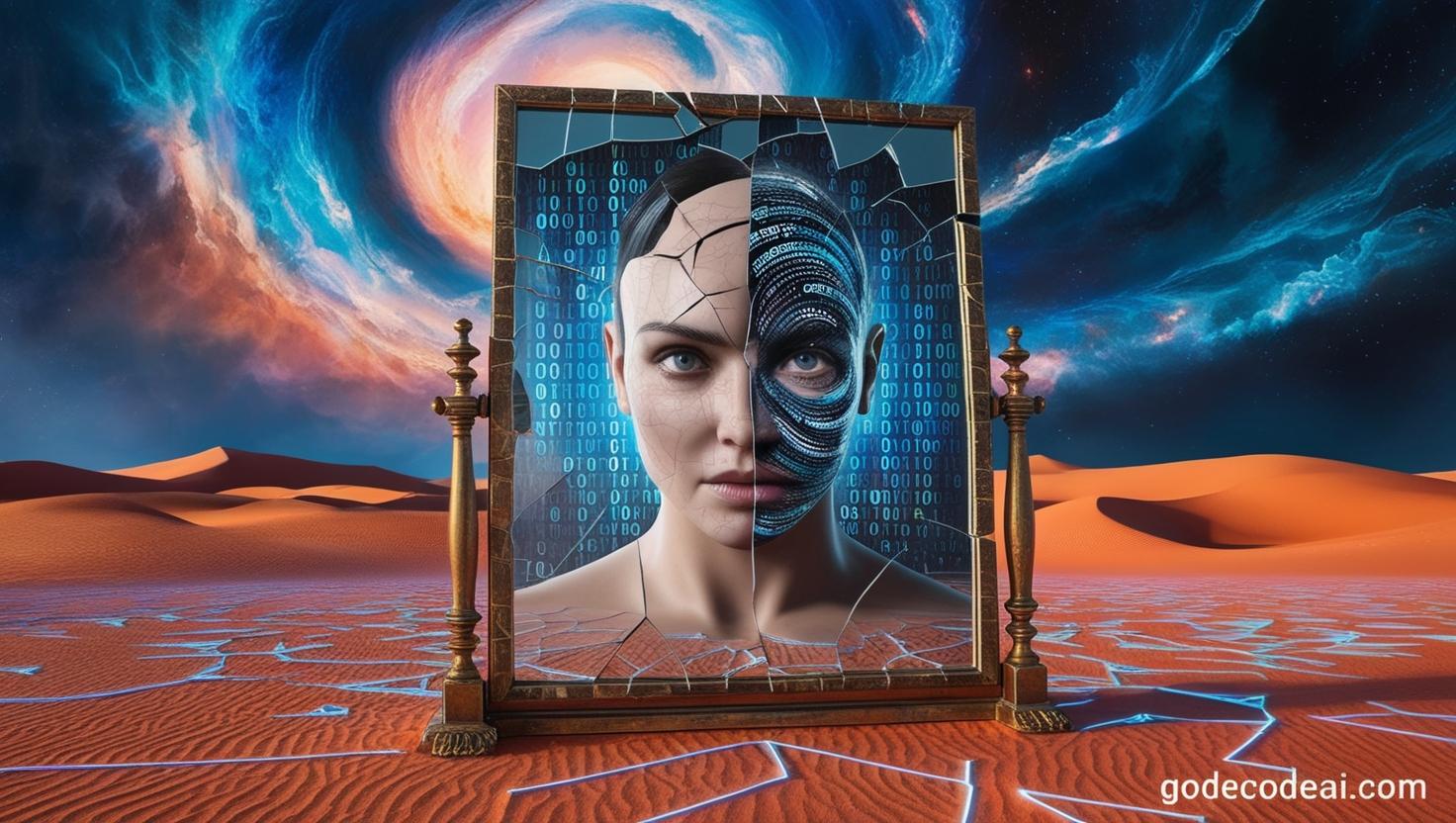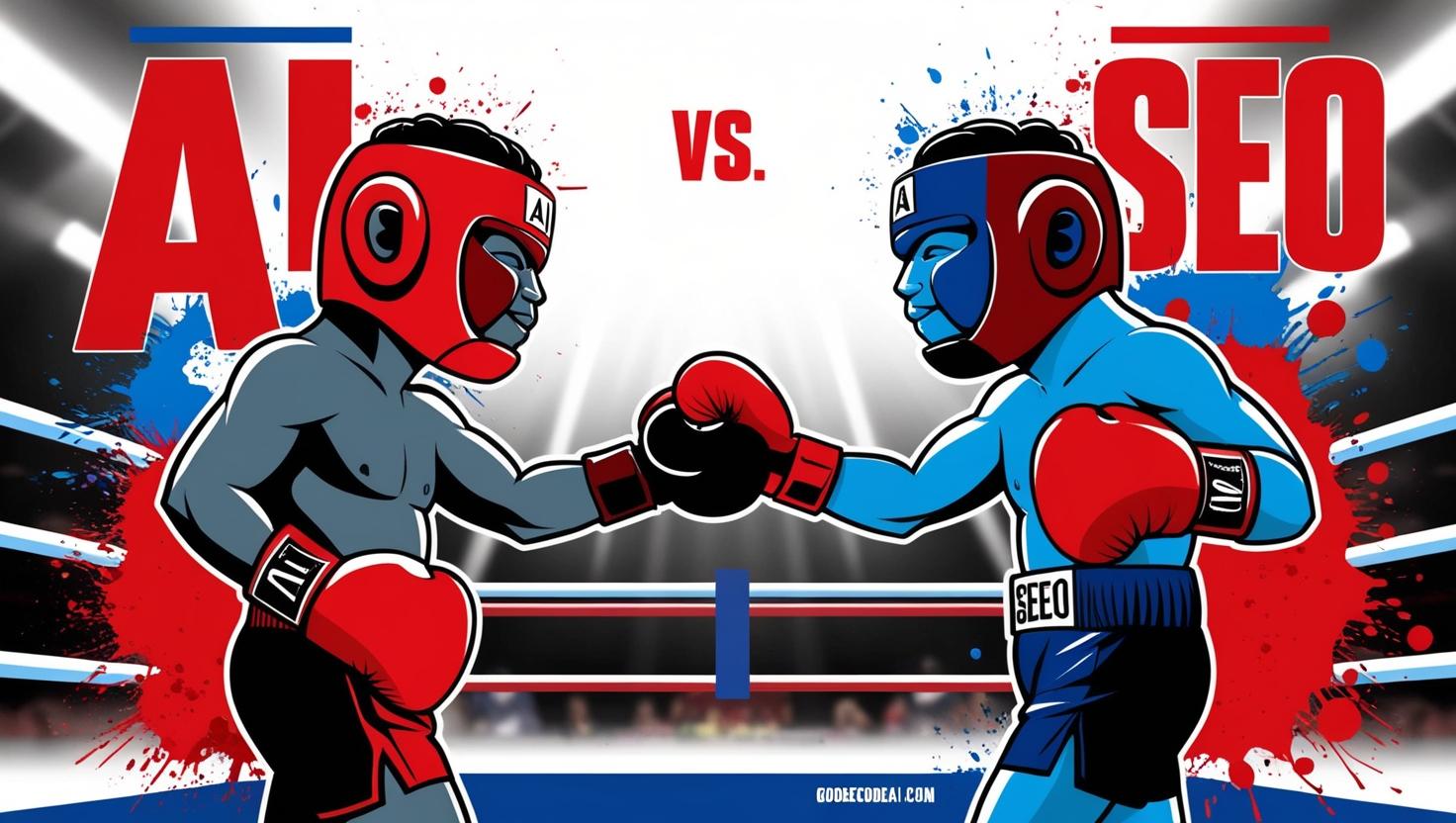AI Has Entered the Courtroom
It used to be that courtroom drama was all about sharp suits, legal jargon, and surprise witness testimony. Now? Add ChatGPT to the list.
AI isn’t just invading the world of tech or finance—it’s making its way into law firms, courtrooms, and case files. From drafting contracts to summarizing depositions, ChatGPT and legal AI tools are quietly reshaping the legal industry.
But here’s the twist: Is this a revolution or just risky hype in robes?
Let’s decode how AI is impacting lawyers, what it can (and can’t) do, and whether your next courtroom opponent might be… a machine.
2. Exhibit A: What ChatGPT Can Already Do for Lawyers

ChatGPT isn’t passing the bar exam just yet—but it’s dangerously close. Here’s how lawyers are using it right now:
✅ Legal Research: Ask it about precedent, statutes, or case summaries. It won’t cite perfect cases every time, but it’s fast and shockingly close.
✅ Drafting Contracts: AI can create NDAs, rental agreements, or employment contracts in seconds with impressive clarity.
✅ Summarizing Case Law: Give it a dense legal opinion—it’ll break it down in plain English.
✅ Client Communication: From initial intake forms to follow-up emails, AI saves billable hours on basic tasks.
✅ Litigation Prep: Draft motions, prepare Q&A sheets for depositions, or generate courtroom arguments (with human vetting).
✅ Compliance Monitoring: Review large sets of regulations and flag risks quickly.
In short, ChatGPT is like having a super-efficient junior associate who never sleeps… but sometimes hallucinates case law.
3. Case Studies: Real Lawyers, Real Results

- 🔹 A firm in New York used GPT-4 to summarize 200+ depositions in one weekend. The time saved? Estimated 300 billable hours.
- 🔹 Legal startups like Harvey (built on OpenAI) are being adopted by firms like Allen & Overy to assist in legal work across 40+ languages.
- 🔹 Solo attorneys are leveraging GPT to prep for client consultations, create discovery checklists, and even rehearse courtroom Q&A.
It’s not fiction. It’s happening now.
4. Objection! The AI Limitations No One Talks About

Here’s where things get real: ChatGPT can be useful—but it’s not a lawyer. And pretending it is? Dangerous.
⚠️ Hallucinations: AI sometimes fabricates cases that don’t exist. In one real instance, a lawyer submitted fake citations generated by ChatGPT—and got sanctioned.
⚠️ Jurisdiction Blindness: AI doesn’t always distinguish between state and federal law, or apply region-specific precedent.
⚠️ Ethical Risk: The ABA hasn’t banned AI, but legal professionals must ensure confidentiality and accuracy.
⚠️ No Legal Judgment: AI lacks intuition, experience, and strategic decision-making. It doesn’t “read the room” or negotiate a plea deal.
The bottom line? ChatGPT is a tool, not a replacement.
5. Who Wins? AI Lawyers vs. Human Attorneys
| Category | ChatGPT | Human Lawyer |
|---|---|---|
| Speed | ⚡ Instant | 🐢 Slower |
| Accuracy | ⚠️ Inconsistent | ✅ Reliable |
| Research | ✅ Broad | ✅ Deep |
| Drafting | ✅ First drafts | ✅ Final drafts |
| Courtroom Skills | ❌ None | ✅ All |
| Emotional Intelligence | ❌ Zero | ✅ Crucial |
Verdict: ChatGPT wins on speed and grunt work. Humans win where it matters most—judgment, nuance, and advocacy.
6. Legal Jobs of the Future: AI-Augmented Lawyering
Forget “AI vs. Lawyers.” The real battle is AI + Lawyers vs. Lawyers without AI.
The future belongs to attorneys who:
- Master AI tools like ChatGPT, Harvey, Casetext, and CoCounsel
- Use AI to draft faster, research deeper, and prep smarter
- Focus on high-trust, high-emotion aspects of law: negotiation, court arguments, and client counseling
- Evolve from task-doers to legal strategists
AI isn’t here to take your job. It’s here to take your boring tasks.
7. FAQs
Q: Is it ethical to use ChatGPT in legal practice?
Yes—if used responsibly. You must verify all outputs, protect client confidentiality, and follow jurisdictional rules.
Q: Will AI replace paralegals?
Paralegals who only do repetitive tasks are at risk. Those who adapt and learn AI tools will become more valuable.
Q: Can ChatGPT write legal briefs?
It can draft one—but a human lawyer must review, fact-check, and refine it. Treat AI drafts as a starting point.
Q: Can AI appear in court?
No. Only licensed attorneys can represent clients in court. AI lacks legal standing and emotional presence.
8. Final Verdict: ChatGPT in Court Is a Power Move—If You Know How to Use It
AI is the new legal intern—lightning-fast, endlessly patient, and always learning. But it needs guidance.
The future of law isn’t about machines replacing humans. It’s about humans who use machines better than anyone else.
Lawyers who embrace AI won’t just survive—they’ll dominate. Those who ignore it? They risk being outpaced, out-billed, and out-evolved.
The gavel has spoken. Adapt or get left behind.







